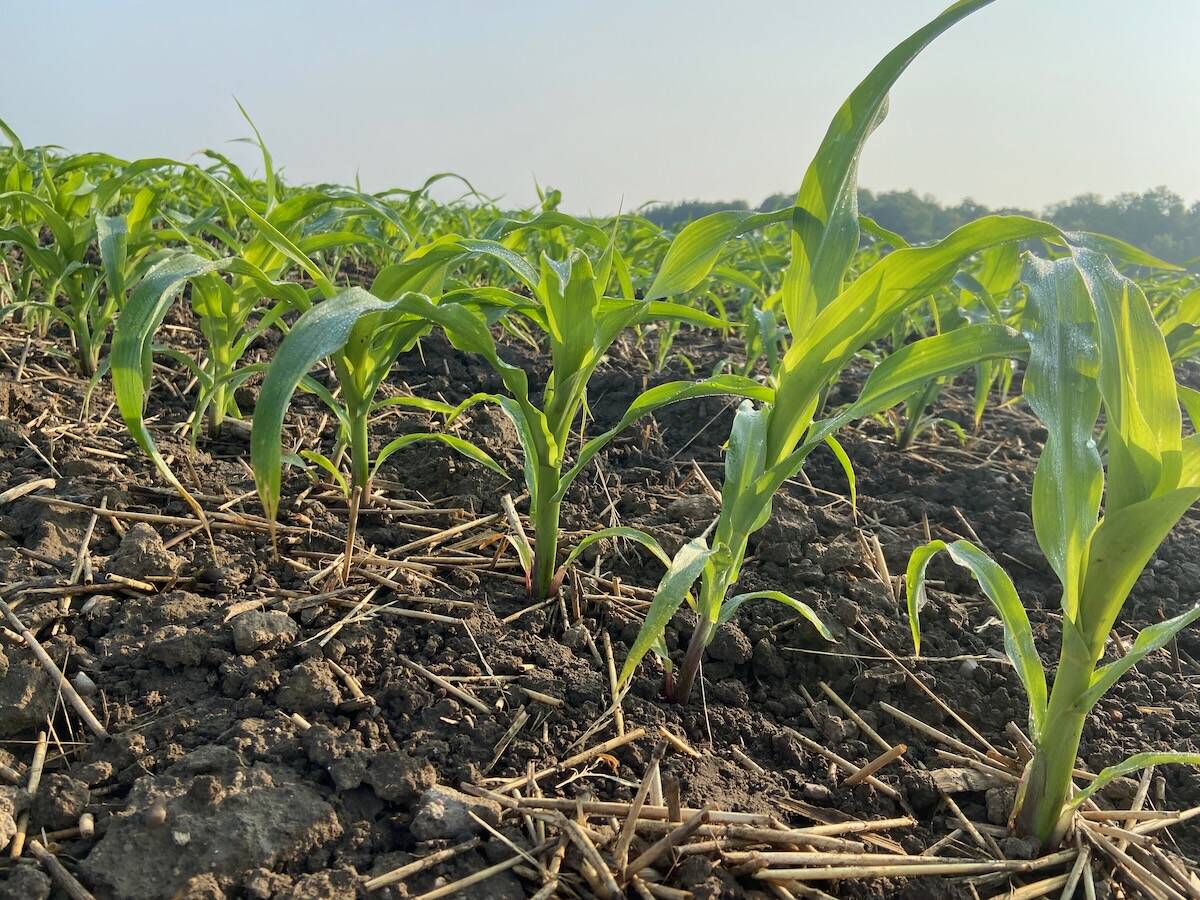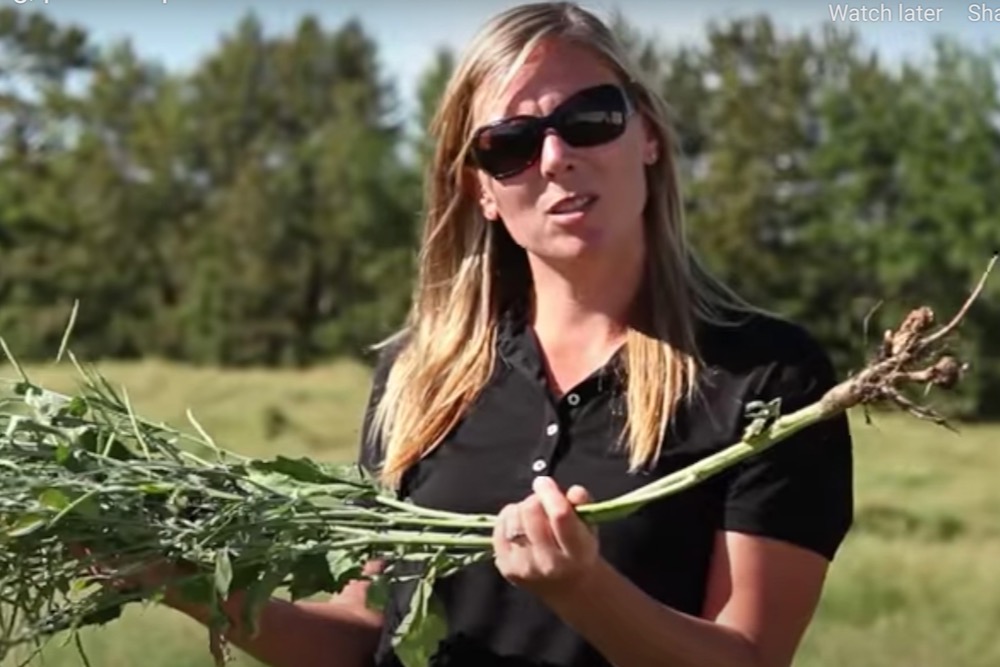Farmers won’t lose the ability to save and reuse seed under UPOV ’91 and they won’t automatically be paying end-use royalties, the commissioner of Canada’s Plant Breeders’ Rights Office says.
“I hope to debunk some of the myths that are out there…,” Anthony Parker told the Prairie Grain Development Committee’s annual meeting in Winnipeg Feb. 26.
“Farmers’ privilege (to save seed) is clearly entrenched in legislation and there are no immediate changes planned.”
Read Also

Can we trust the USDA crop data anymore?
Indications that farmers, analysts and traders have started to lose trust in U.S. Department of Agriculture data are hardly a surprise.
A selling point for some for amending Canada’s Plant Breeders’ Rights legislation through Bill C-18, the Agricultural Growth Act, is the notion that it will allow plant breeders to collect so-called “end-use royalties” on farmers’ grain when delivered to the elevator. But Parker said while the law allows for end-point royalties, they are not automatically invoked after C-18 becomes law.
“There will have to be strong support from the farmer community to do this,” he said later in an interview.
There’s confusion about end-point royalties because the new law allows breeders to seek compensation from harvested crops grown from illegal seed — so-called brown-bagged seed, which is seed grown without compensating the breeder.
“The intent here is really about reducing infringement (of plant breeders’ rights),” Parker said. “It is not a legislated basis for end-point royalties.”
The new law does not affect the ability of farmers who buy seed and pay a royalty to the breeder to save seed from their harvest to plant future crops so long as they have not signed an agreement not to save seed. However, they can’t sell or trade that seed to other farmers for planting.
Brown-bagged seed
Brown-bag seed is already illegal under Canada’s plant breeders’ rights legislation, which conforms to UPOV ’78 (International Union for the Protection of New Varieties of Plants). The new law will extend breeders’ rights allowing breeders to seek compensation at different points in the value chain, “if, and only if” they weren’t compensated when the seed was purchased.
While most farm groups support the legislation — some with provisos — the National Farmers Union (NFU) fears farmers’ traditional right to save seed is at risk. Not so, said Parker in an interview: “Again, that continued practice of farm-saved seed is completely permitted to happen with the legislative amendments.”
But former NFU president Terry Boehm notes the legislation refers to farm-saved seed as a “privilege” not a “right.” And according to Boehm it’s a “hollow privilege” because the new legislation prevents farmers from stocking seed.
“Stocking,” which means stockpiling seed for future sale, is different than “storing,” Parker said.
“There’s nothing in the act that would preclude the act of storing seed on farm to use in subsequent years (as seed by farmers),” he said.
From the Manitoba Co-operator website: Plant Breeders’ Rights (PBR) and Bill C-18
Explicit
Under current legislation farm-saved seed is “implicit,” Parker said. But because breeders’ rights are being expanded beyond seed sales, the farmer’s ability to save seed needs to be “explicit” in the new law, he said.
Boehm also notes that the legislation allows the federal cabinet to limit the farmers’ privilege through regulation. “This is hardly what one would call enshrining a farmer’s right to use their own seed,” he wrote in an opinion piece.
Farm-saved seed is “not an absolute right,” Parker acknowledged, but added the legislation needs flexibility because 330 different crop kinds are covered.
“To say that the same thing will work in the cereal sector, as will work in the potato sector, as will work in the fruit tree sector is somewhat unreasonable,” he said.
No changes to the farmers’ privilege can be made without consulting farmers, Parker added.
According to the NFU, the new law would allow breeders to take draconian measures, such as freezing assets of those suspected of contravening breeders’ rights.
“We have not had, to date, any draconian measures under the PBR act and it’s not expected with these few provisions bringing it up to UPOV ’91 that there will be any draconian measures in terms of enforcement of Plant Breeders’ Rights,” Parker said.
Breaches
Breeders’ rights have been in place since 1991 in Canada. When breaches occur, farmers are usually required to pay the royalties they owe, plus costs.
Under the new law a seed cleaner caught processing brown-bagged seed could be forced to compensate the breeder, Parker said. But seed cleaners can protect themselves by getting farmers to sign waivers.
“There are simple solutions,” he said. “I don’t think there needs to be any concern among those treating or conditioning seed.”
Protecting breeders allows them to get a return on investment, which encourages domestic and foreign breeders to provide improved varieties to Canadian farmers, he said.
“There’s this notion out there that this is a zero sum proposition — if breeders gain more rights then farmers must lose rights,” Parker said. “That is not the case. It is truly a win-win situation. Stronger breeders’ rights result in more farmer benefits.”















